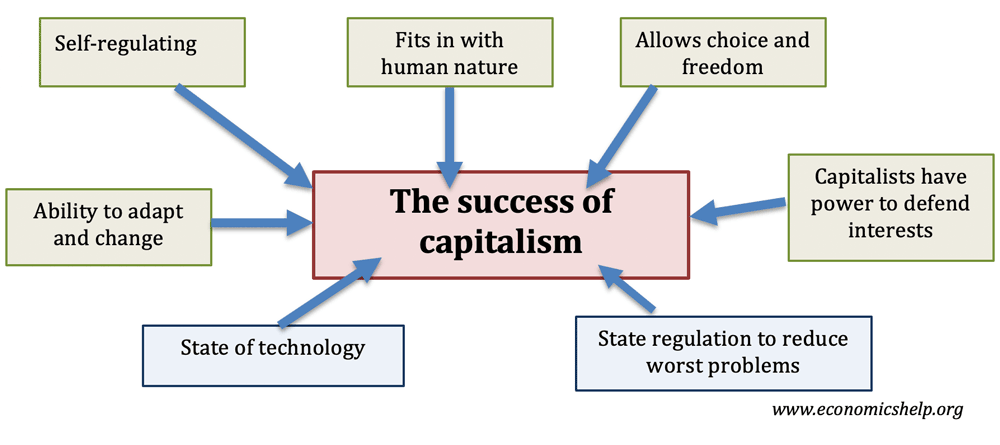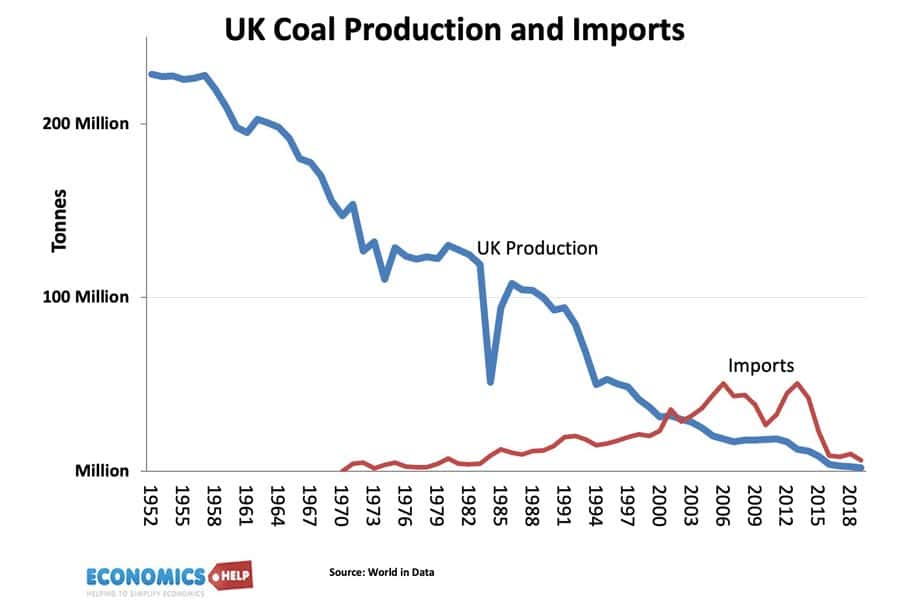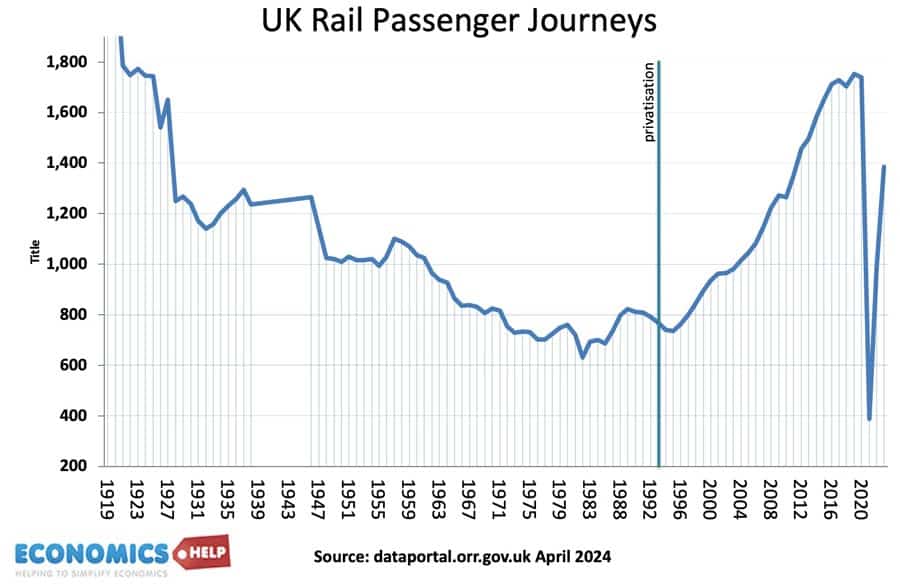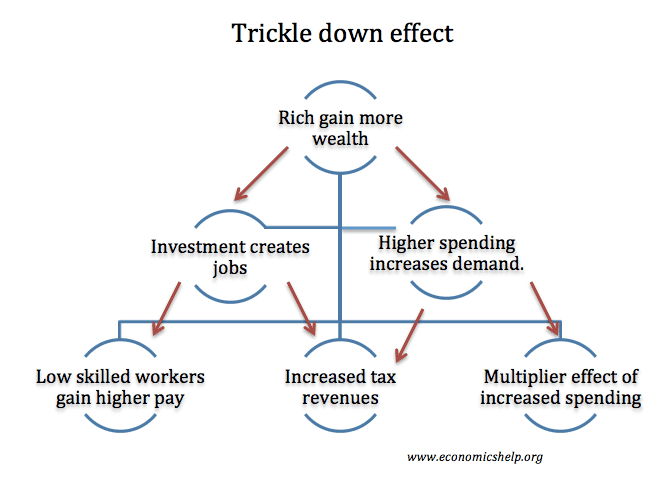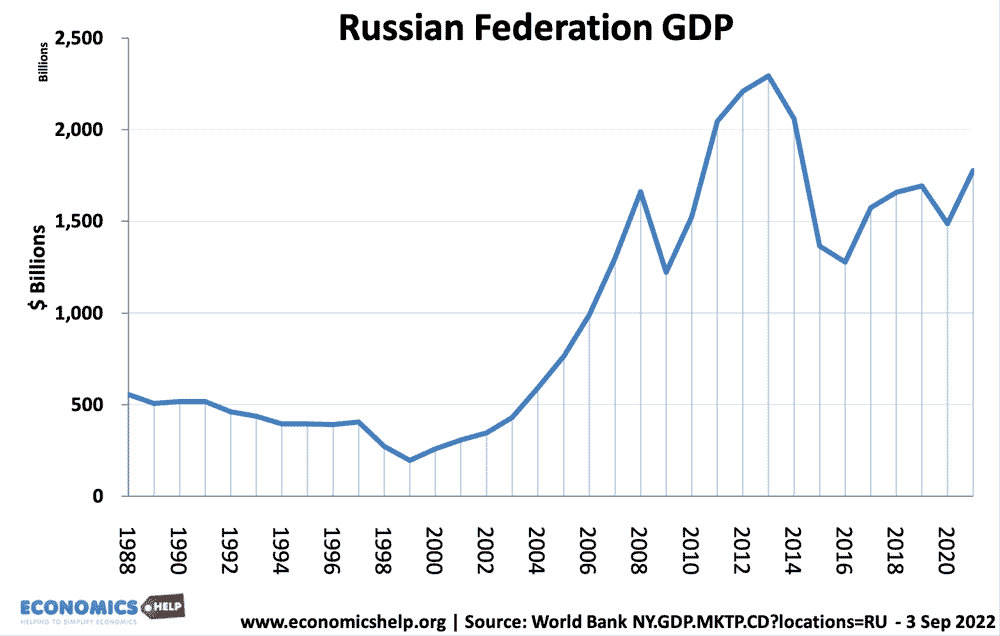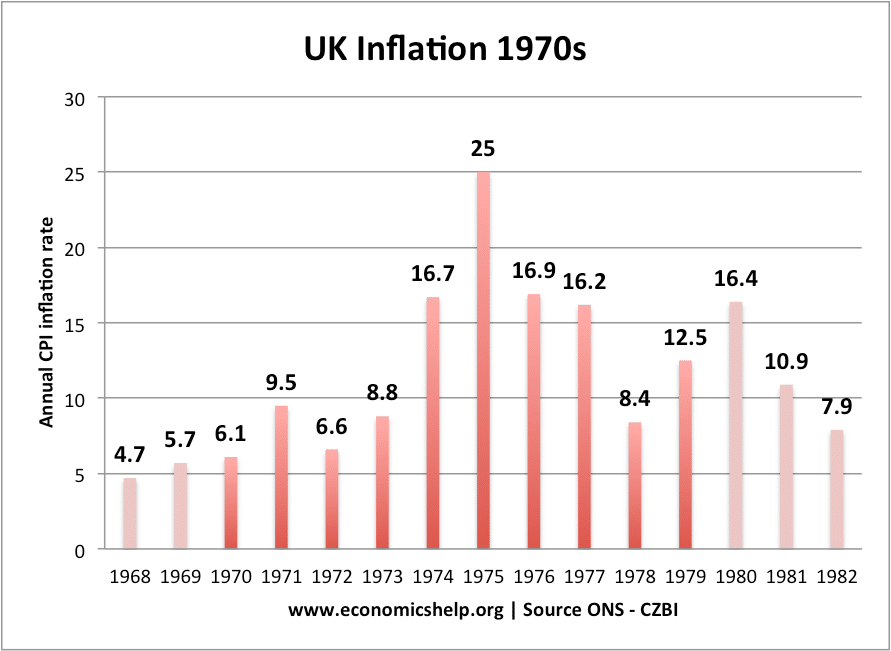Types of Capitalism
Capitalism is an economic system dominated by free markets and private ownership of wealth, assets and business. Within the broad church of capitalism, there are different forms – from unregulated ‘Turbo-capitalism’ to ‘responsible or ‘social welfare capitalism.’ In practice, all ‘capitalist economies have a degree of government intervention. Turbo Capitalism This refers to an unregulated …

